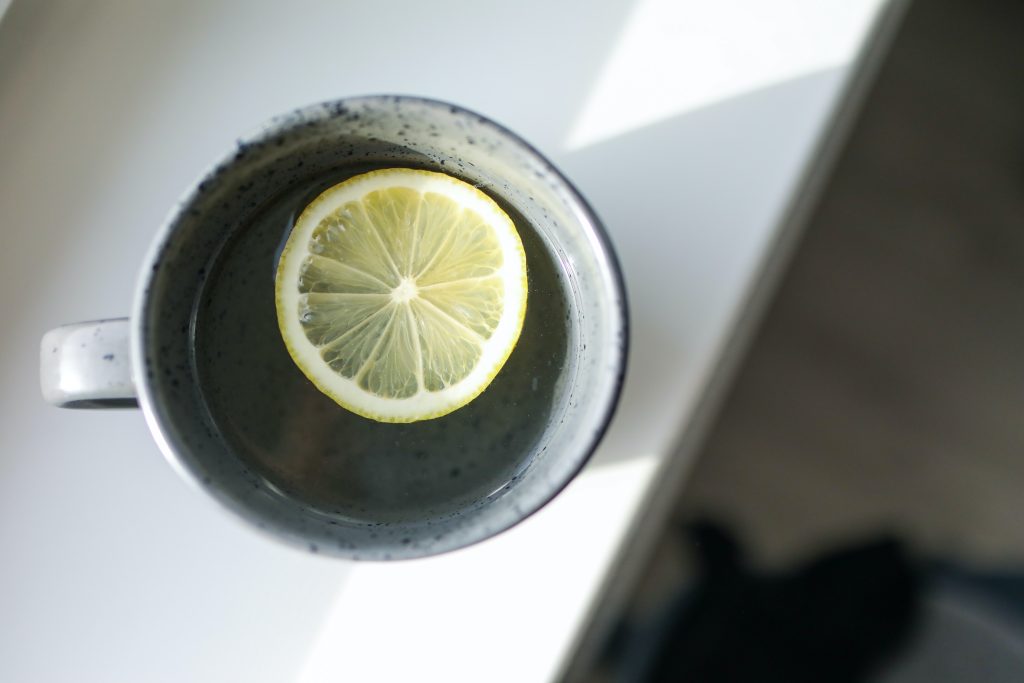What do you normally do first when you wake up? Say a prayer, stretch your body, or take a cup of coffee to get going.
A cup of coffee is a normal morning routine habit for some people, and many see it as a religious activity. Some others take it because they think that those who matter do so, and they just want to belong to the class of people who wake up with a cup of Joe.
The popular claim is that it helps to make them active and overcome that initial waking drowsiness. And this isn’t wrong, studies have found caffeine in coffee may improve your brain function, and your mood, and even improve physical and cognitive performance.

So it’s not out of place to take coffee first thing in the morning right, especially if you need that boost. However, it might be counterintuitive to take a cup of coffee, especially if you don’t take it right. And yes, many people don’t take coffee, right? Taking coffee first thing in the morning can be a bad step that can have you paying longer.
How can Morning Coffee be a performance drainer? Studies have found that taking coffee on an empty stomach, which many people do in the morning, can be a time bomb and a performance drainer. The problem is not in the coffee, but in the fact that when you wake up after a night’s sleep, your stomach is empty from a short fast, and taking coffee on an empty stomach might not be very helpful.
First, coffee can stimulate the production of stomach acid, and when it’s taken alone, the bitter taste also helps the stomach acid. This can lead to acid reflux in some people and a feeling of discomfort throughout the day. Since there’s no other food with it, the acid can damage your stomach lining as it doesn’t have much food to act on. (Acid helps in breaking bonds in the food molecules).
However this effect is seen in a small proportion of people, so it’s not the main culprit and can’t be enough reason to ditch our sweet cup of wonder.
Increased Cortisol level. This is the most important concern with drinking coffee on an empty stomach. Caffeine is known to increase cortisol and on waking, we have high levels of cortisol, so there’s no need to make it worse. By the way, a high cortisol level means a high-stress condition for the body which the body will read as fight or flight and produce more energy to manage the flight.
This rapid energy burst can lead to you getting weaker later on in the day when you’re at rest and the body is paying for the deficit. Let’s compare it to something you already know. Have you participated in a sprint, a short-distance race, where you need to exert a lot of energy to finish well? After the race, what do you normally feel? An intense breathing moment right? Now, think about an hour after, what do you normally feel? It’s either you feel some pains in the body if you’re not used to always doing it, or you feel a pronounced weakness. This is your body trying to pay back the rapid energy it borrowed from a makeshift process of producing energy (lactic acid fermentation). This can also happen when coffee sets you into fight or flight early in the morning. You will be paying a lot longer than necessary. Again, some people argue that this raised cortisol doesn’t happen to religious coffee drinkers, but to newbies. Whatever category you fall under, play safe. You need to maximize your energy first thing in the morning, not do things that will drain them. A high-performance day is a day you have great energy.
Coffee on Empty Stomach. A similar energy-draining process, though not as drastic, happens when caffeine is taken on an empty stomach which is the norm for early-morning drinkers. This is caused by the fact caffeine is very soluble in water and fats and can rapidly absorb into the bloodstream as well as the blood-brain barrier. This makes it produce a fast response from the stress hormones.
The best solution to all these is to avoid taking coffee as the first thing when you wake up. But if you can’t help just it, take your coffee with some healthy oils. Some people combine grass-fed butter with their coffee to make it better. This oil will slow down the rapid absorption of the coffee and reduce incidents of the cortisol spike.

One other reason why coffee is bad as the first thing that enters your mouth is that it dehydrates you. Most people take coffee as their first fluid, and somehow as a response to the fact their body needs water. As you sleep, you lose a lot of water through the production of urine, sweat, and digestion of food. It is wise to replenish water. Taking coffee might look like a good way to hydrate, but it isn’t.
Have you ever finished a cup of tea and felt thirsty despite taking fluids? Or have you ever felt thirsty and went for a bottle of cold Coke, only to find out that you are worse than before you started? There’s a reason for that.
The water in the coffee (tea or Coke) is offset by the dehydrating nature of the caffeine. Remember that the caffeine (or tea or coke) needs to dissolve to be able to absorb, so the water in it is used for the work, not for your hydration. The water won’t be available to hydrate you because they’re all busy bonding with the caffeine molecules. Your cells will be starved of water and they won’t be able to optimally produce the energy you need to function. Your cells need some water to produce the energy you need for high performance. It’s a bad idea to take coffee as the first liquid, it’ll do you more harm than good.
Conclusion.
If coffee isn’t the best for the morning, there are better things to do when you wake up to set yourself in high-Performance mode and one of them is taking a cup of water, yes, good old water trumps coffee as a critical need in your body. And the water is best taken with a pinch of lemon to make it alkaline. Some people suggest a little sea salt, but I think you need the alkalinity more, so you’re okay with the lemons. You will, and can get the ions later.

Then try getting your body slowly woken through stretching or anything that gradually gets your heart rate up. Do not go for intense exercise sessions, they are not necessary unless you are training for some sports and that is your itinerary for the day. Remember that the goal is to conserve enough energy in your first waking moments.
If you have to take coffee, take it after you’re properly hydrated, and do it with some healthy oils, to prevent rapid absorption and any chance of raising your cortisol level.
This is meant to be a conclusion but I have to add this. DO NOT take coffee after your exercise session, it is better taken after hydration, and before exercise.
Indirect laboratory measures indicate that caffeine consumed immediately before exercising substantially reduces myocardial blood flow in healthy individuals and increases the risk for myocardial ischemia. This is likely due to the ability of caffeine to bind to adenosine receptors in the heart and reduce the ability of the coronary arteries to improve their flow commensurate with the increased demand for exercise, which could result in ischemia, cell injury, and death. Guess what? Caffeine is abundant in energy drinks, and they are supposed to be taken when you need a quick burst of energy right? Ditch the energy drinks, they aren’t helping you, they are killing you.

KC Umeh is a High-Performance consultant to Businesses, an Educational Consultant to Schools, and a highly sought Teachers’ coach. He uses the tools of psychology, philosophy, and building systems to produce outstanding, reproducible results. He is also a family life coach, that produces tools for building blossoming families, where individuals live in harmony and express themselves to their best potential.

